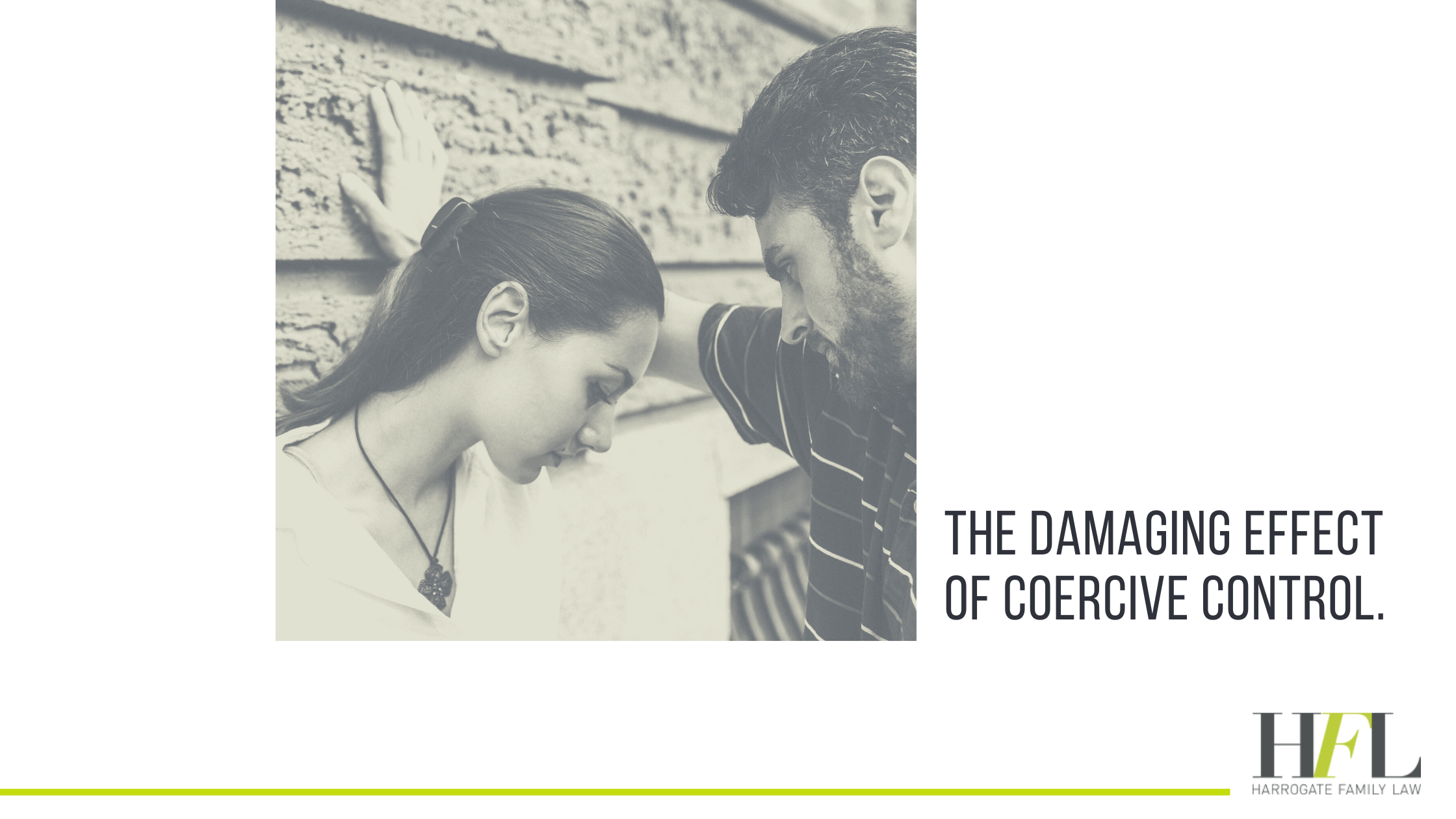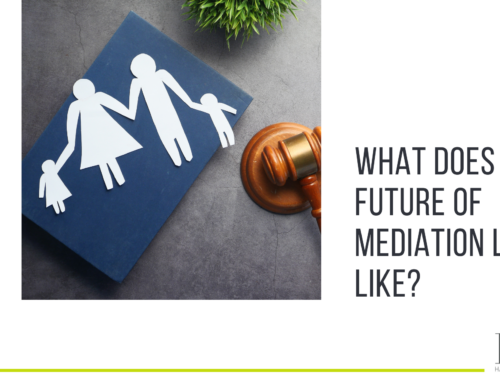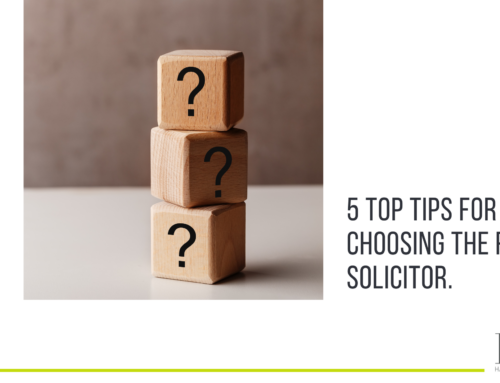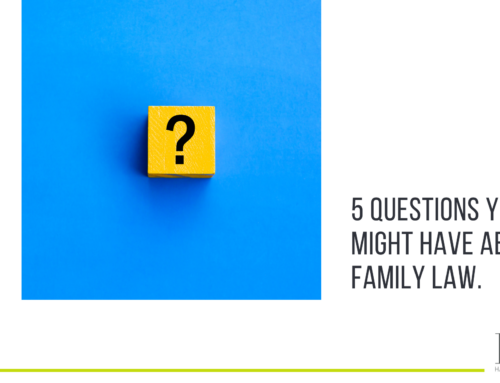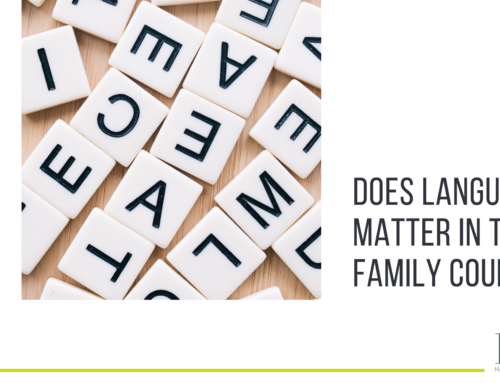Coercive control can be very subtle and difficult to recognise, especially by the victims experiencing it.
In what was seen by many as a welcome decision, coercive control was made a criminal offence in 2015, meaning that the courts must now ‘prioritise consideration of whether a pattern of coercive and/or controlling behaviour is established over and above the determination of any specific factual allegations.’
The acceptance that domestic abuse is not always physical is a huge step forward. The change in the law recognises the damaging effects of coercive control, and in this week’s blog, we’re looking at the damage this behaviour causes in more detail.
Coercive control takes its toll on mental health
The nature of coercive control diminishes a person’s sense of self-worth, isolates them from friends and family, and makes them question their own beliefs. Any one of these symptoms will take a negative toll on a person’s mental health.
But the damage doesn’t stop with the victim experiencing the abuse directly. If there are children involved, and they are witnessing the controlling nature of the relationship, the impact on their mental health can also be severe.
A study by Dartington Service Design Lab revealed 1 in 10 children met the threshold for a likely clinical diagnosis of anxiety and depression. Out of those children, 1 in 4 were involved in relationships that had concerning levels of coercive control.
Ultimately, the link between poor emotional well-being and being a part of controlling relationships is overwhelming.
Repeated cycles of abuse
If victims manage to escape a controlling relationship, but don’t seek the help they need to process the abuse, coercive control can result in repeated patterns of behaviour.
Being victim to one controlling relationship may make a person more vulnerable to the same scenario in the future. They might believe that’s what all relationships should be like, or that this is all they deserve from a relationship. It all comes back to the damage coercive control does to a person’s self-worth.
Other personal relationships are put at risk
Being in a controlling relationship puts the other relationships you might have at risk.
The isolating nature of coercive behaviour makes it difficult for victims to spend time with other people, like friends and family for example. A perpetrator might gaslight their victim and make them feel like they’re not wanted elsewhere. Or they may lie, and turn their partner against other friends and family. The result is the same; isolation that can cause real distress and fear.
Harrogate Family Law can help
The damage caused by coercive control can be severe, destructive and long-lasting, especially if victims feel completely alone. It should never be underestimated.
At Harrogate Family Law, we can help. If you’re the victim of coercive control, and you need expert legal advice about leaving your relationship, then you’re not alone.
Get in touch with us today to see how we can help.

